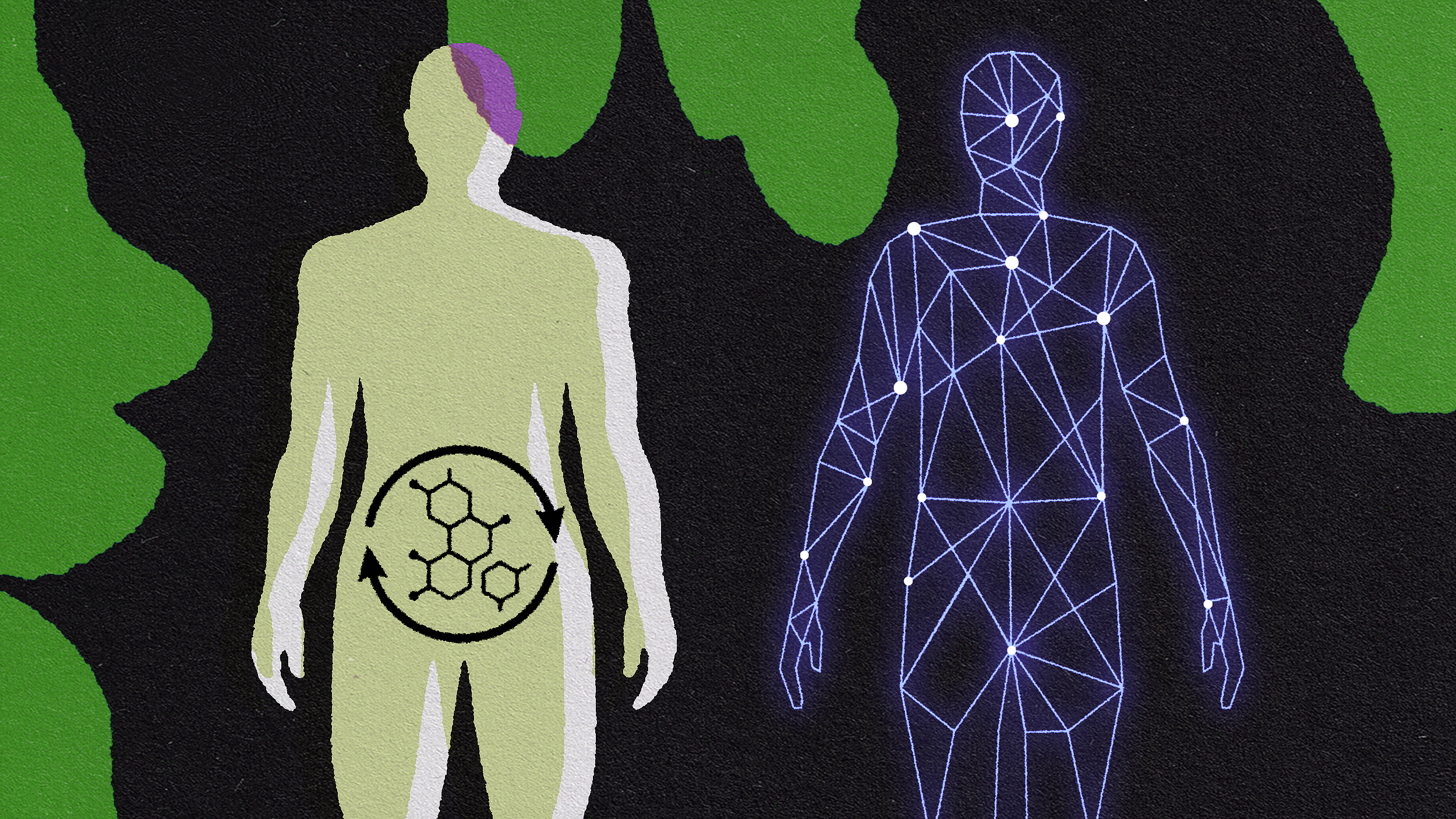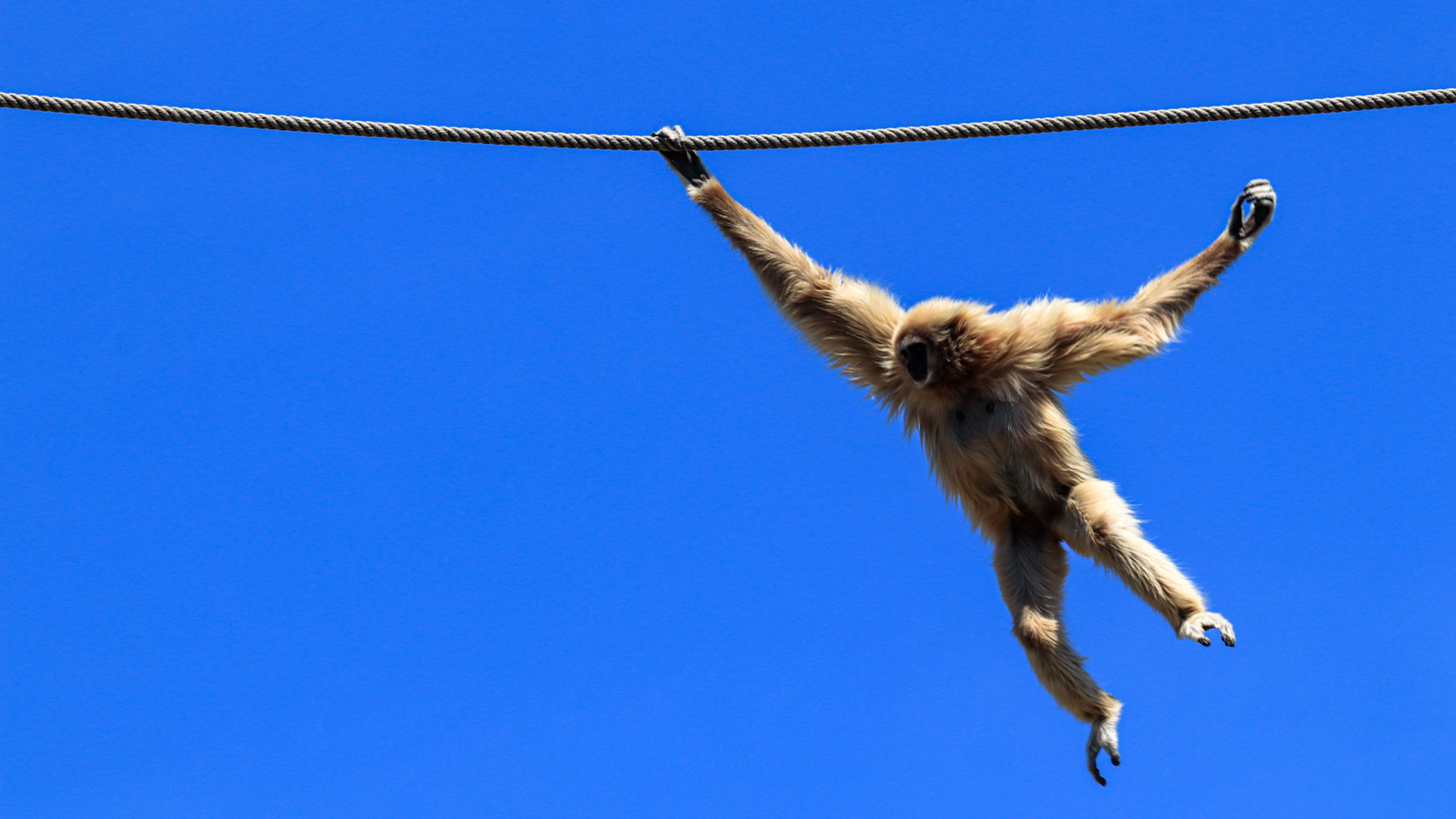We live in a world filled with risk. But the human brain is not good at thinking in terms of probabilities.
Our fear response may not turn off until the perceived threat is completely gone. Can we find a way to adapt that doesn’t involve reaching for prescription medication?
Flow might be the answer. When we are in a state of flow, our brain is flooded with the neurotransmitters that are the key to a happy mind.
STEVEN KOTLER: We live in a world where the threats that we face are probabilistic: Terrorists might attack. The economy might nose dive, right? These are 'probabilistic dangers.' The problem is, the brain's designed not to turn off the fear response until a danger is gone completely. But probabilistic dangers never are gone completely so we tend to be a little more hyperreactive. So how do you tune up the nervous system rather than having to reach for psychopharmaceuticals?
I often define 'peak performance' as getting our biology to work for us rather than against us. What I'm really talking about are the systems underneath what we call motivation, learning, creativity, and flow. 'Flow' is an optimized state of consciousness where we feel our best and we perform our best. The research says there are three tools you can reach for: Gratitude has really precise impacts on the brain and anxiety. I like to write down 10 things that I'm grateful for and I write down each one three times. Gratitude is literally you're just pointing out to the brain things that have already happened that are good. And it tilts this ratio so we're taking in a lot less negative stuff. This, by the way, lets more novel stuff come through.
Gratitude can work as a 'flow trigger' that way. The second one is mindfulness- 11 minutes a day of mindfulness practice. You know, follow your breath, focus meditation basically, is enough to really calm down your nervous system, make you less emotional-reactive. Your third option is exercise- 20 to 40 minutes worth of exercise is enough. And if you're exercising for mental hygiene, right, for cognition, and I wanna get into flow, you wanna exercise until basically the voice in your head gets really quiet and your lungs open up. Both things happen because there's a global release of nitric oxide, it's a gaseous, signaling molecule that's sort of everywhere in the body. One of the things it does is it flushes stress hormones out of your system. It'll reset the nervous system sort of back to baseline, back to zero.
When I talk about peak performance, we always emphasize 'cognitive literacy': understanding what's going on in the brain and the body when we're performing at our very best. Now this is difficult in the modern world because most of us tend to be a little hyperanxious. Daily problems that we all deal with- anxiety, depression, right? We now know, for example, that a 20-minute walk in the woods will outperform most antidepressants on the market.
If you take a walk in a part of nature where you haven't been before, you're not only gonna get serotonin, that calming chemical, you're gonna get the dopamine from novelty and complexity and unpredictability. So you're gonna get some feel good, happy juice and some calm. And these are great tools to be able to reach for in times of stress rather than having to reach for psychopharmaceuticals. On a certain level, we have a drug store in our brain, the neurochemicals that show up in flow: so dopamine, norepinephrine, anandamide, endorphins, and serotonin. If you were to try to cocktail the street drug version of that, right, you're trying to blend like heroin and speed and coke and acid and weed- and point is, you can't do it.
It turns out the brain can cocktail all of 'em at once, which is why people will prefer flow to almost any experience on Earth. It's our favorite experience. It's the most addictive experience on Earth. Why? 'Cause it cocktails five or six of the largest pleasure drugs the brain can produce. We're all capable of so much more than we know. That is a commonality across the board. That's the largest lesson that 30 years in studying peak performance has taught me. And one of the big reasons is we're all hardwired for flow, and flow is a massive application of what's possible for ourselves.
NARRATOR: Get smarter, faster with videos from the world's biggest thinkers. And to learn even more from the world's biggest thinkers, get Big Think+ for your business.







